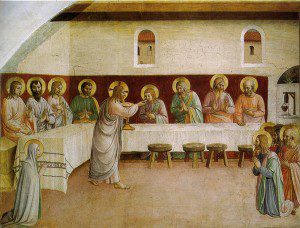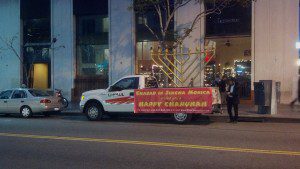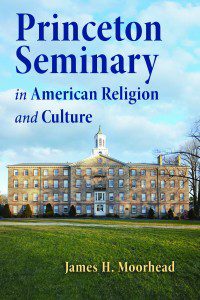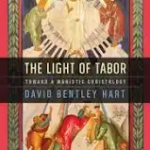Most modern readers find it hard to identify with ancient or medieval saints’ lives, written at times when people had such very different expectations of sanctity. We may or may not believe that Saint X healed lepers or foretold dynastic changes, but it’s hard to identify with the situations. What do the concerns of those early readers have to do with us? Well, here’s an exception. It’s called the Life of Severinus, and it tells the story of how a... Read more
















